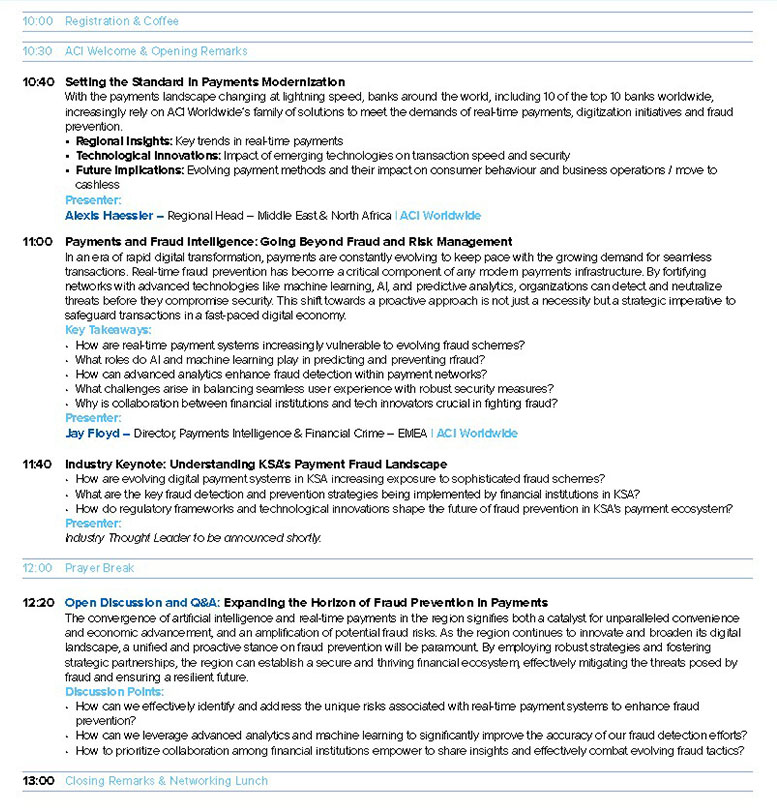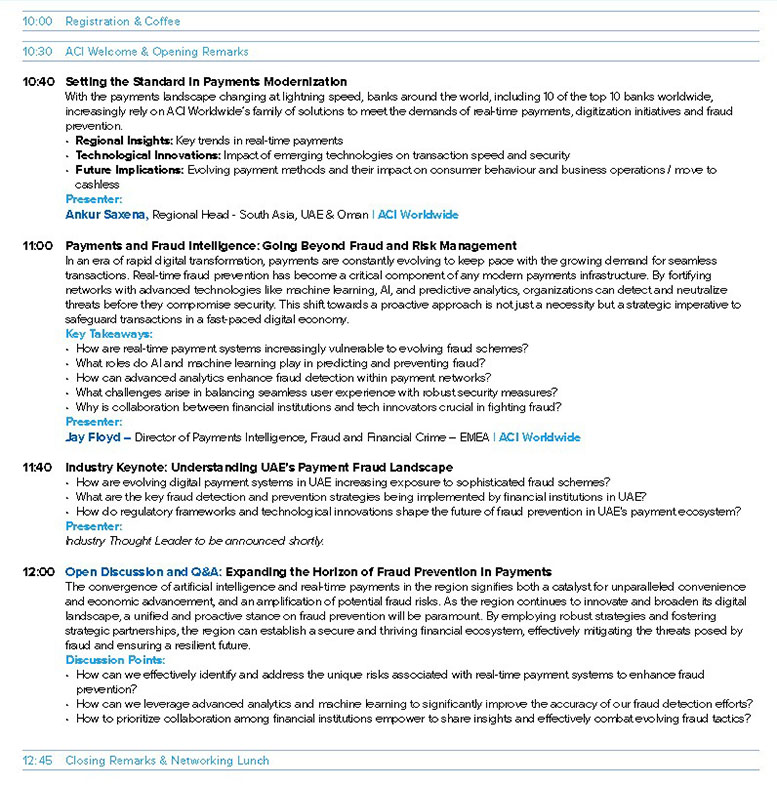How are regulatory frameworks evolving to support innovations in digital banking and fintech while ensuring consumer protection and data privacy?
Regulatory frameworks are evolving to support innovation in the area of digital banking as well as fintech by adopting an approach that is more flexible and convenient for stakeholders. This includes the introduction of Regulatory Sandboxes, which allow fintech to test their products and services under a controlled environment with convenient regulations. An example is the Regulatory Sandbox introduced by the Bank of Ghana. Furthermore, regulators are emphasising the importance of Data Protection and Privacy, as in other juridictions they are developing regulations and guidelines for the protection of consumer data in the fintech sector.
It can be mentioned that regulatory frameworks are evolving to strike a balance between supporting innovation in digital banking and fintech, while ensuring consumer protection and data privacy.
Can you discuss the rise of neobanks in West Africa and their impact on traditional banking systems and financial inclusion?
The growth or evolution of neobanks in West Africa is transforming the financial landscape in respect of bringing innovative digital banking solutions to the region. Additionally, neobanks are gaining traction, particularly among young tech-savvy population. It can be said that neobanks rise in West Africa is having an impact on traditional banking system as they offer innovative customer-centric products and services that are competing with the traditional banks. In terms of financial inclusion neobanks are playing significant role in expanding access to financial services.
How can governments, financial institutions, and the private sector collaborate more effectively to foster innovation and competition in the financial services industry?
This collaboration can come in different models in the area of Public-private partnership (PPP) where the government and the private sectors can come together to develop and implement fintech initiatives. Another area that can be looked at is also the collaboration between industries and financial institutions and fintech coming together to discuss industry trends and challenges and finding common solutions to the challenges.
I am of the opinion that effective collaboration between government, financial institutions and the private sector can create a more supportive ecosystem for fintech innovation, drive competition and improve financial inclusion.
What are the primary challenges faced by fintech companies in West Africa, and what innovative solutions are being developed to address these issues?
One of the main challenges facing the fintech company’s infrastructure constraints, low customer purchasing power and intense competition. Some fintechs are adopting to their business models, for instance using scale to reduce the cost of serving customers or changing their business model to pay-as-you-go for businesses that can’t afford advance payments.
Another challenge they face is navigating through an uncertain regulatory environment. The solution is to proactively engage with the regulatory stakeholders to ensure compliance and avoid falling foul of regulators.



